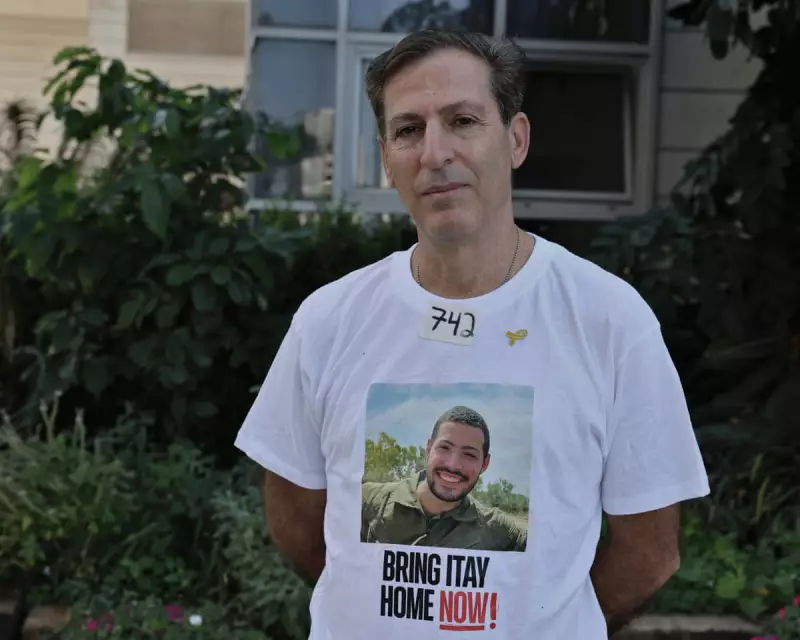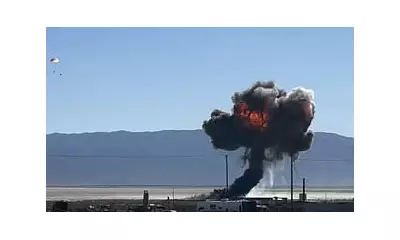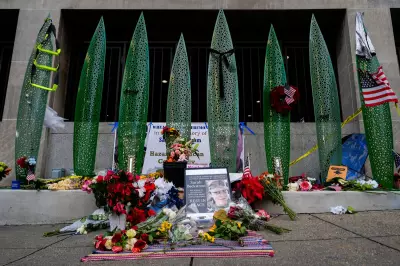
In a quiet corner of Israel, where hope and grief intertwine, families are living through what they describe as a unique form of torment. While much of the world's attention has focused on the living hostages taken during Hamas's October 7th assault, these relatives are fighting a different battle - one to bring their dead home for burial.
The Unseen Anguish
Seven months after the devastating attacks that killed approximately 1,200 Israelis, the families of those whose bodies remain in Gaza say they feel abandoned in their quest for closure. "We feel betrayed," says one grieving mother, her voice trembling with emotion. "The world talks about the living hostages, and rightly so, but what about our children? Don't they deserve a proper burial?"
A Painful Distinction
The Israeli government estimates that 129 hostages seized during the attack remain in Gaza, with at least 34 confirmed dead among them. This creates a painful distinction between families hoping for their loved ones' safe return and those who know they are already mourning.
"Every day without answers is a fresh wound," explains Dr. Yael Erez, a psychologist working with affected families. "The uncertainty, the inability to perform traditional mourning rituals - it's a psychological torture that prevents any possibility of healing."
The Political Stalemate
Recent ceasefire negotiations have repeatedly stumbled over Hamas's demands for a complete Israeli withdrawal from Gaza, while Israel insists any agreement must include the return of all hostages, living and dead. This political deadlock leaves families trapped in emotional limbo.
Military officials privately acknowledge the complexity of recovering bodies from active combat zones, but for families, this explanation offers little comfort. "They're treating our sons as bargaining chips rather than human beings who deserve dignity," one father told The Guardian.
A Growing Movement
What began as individual grief has coalesced into a determined movement. Families of the deceased are now organising, holding vigils, and lobbying government officials with increasing urgency. Their message is simple: no one should be left behind, not even in death.
As the conflict enters its eighth month with no clear resolution in sight, these families represent a heartbreaking dimension of a crisis that continues to reshape Israeli society and the wider Middle East.





